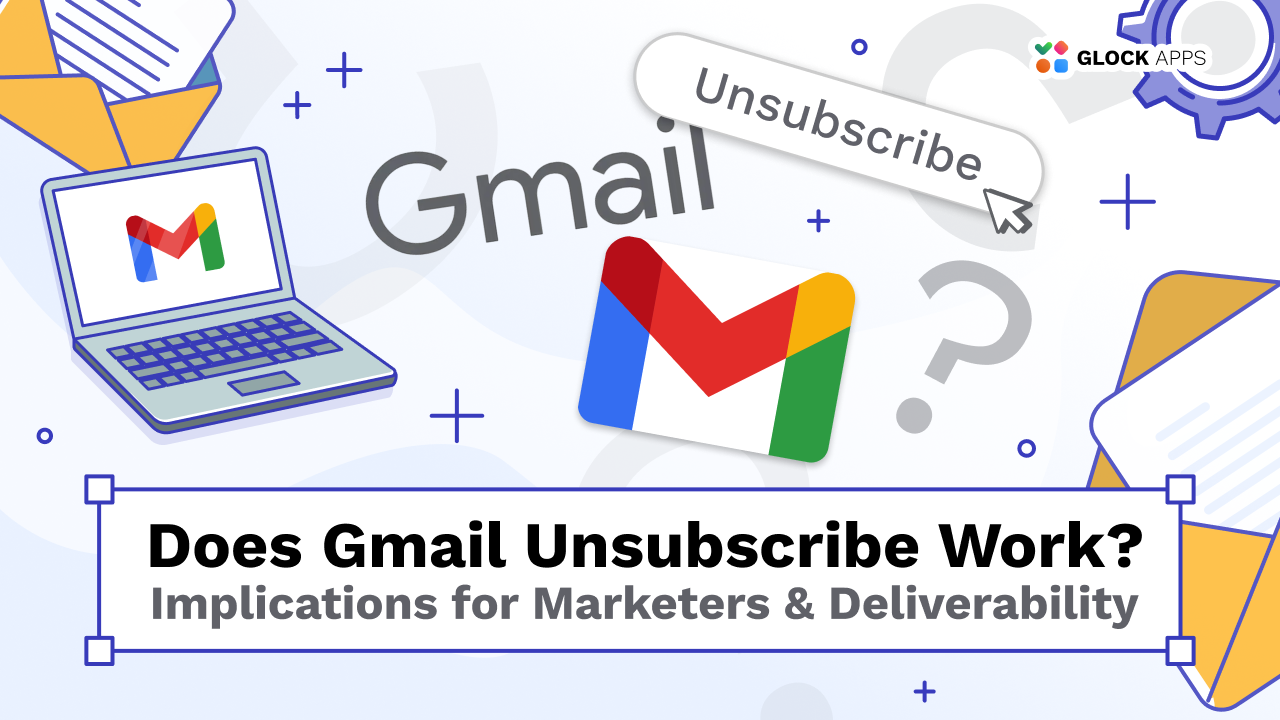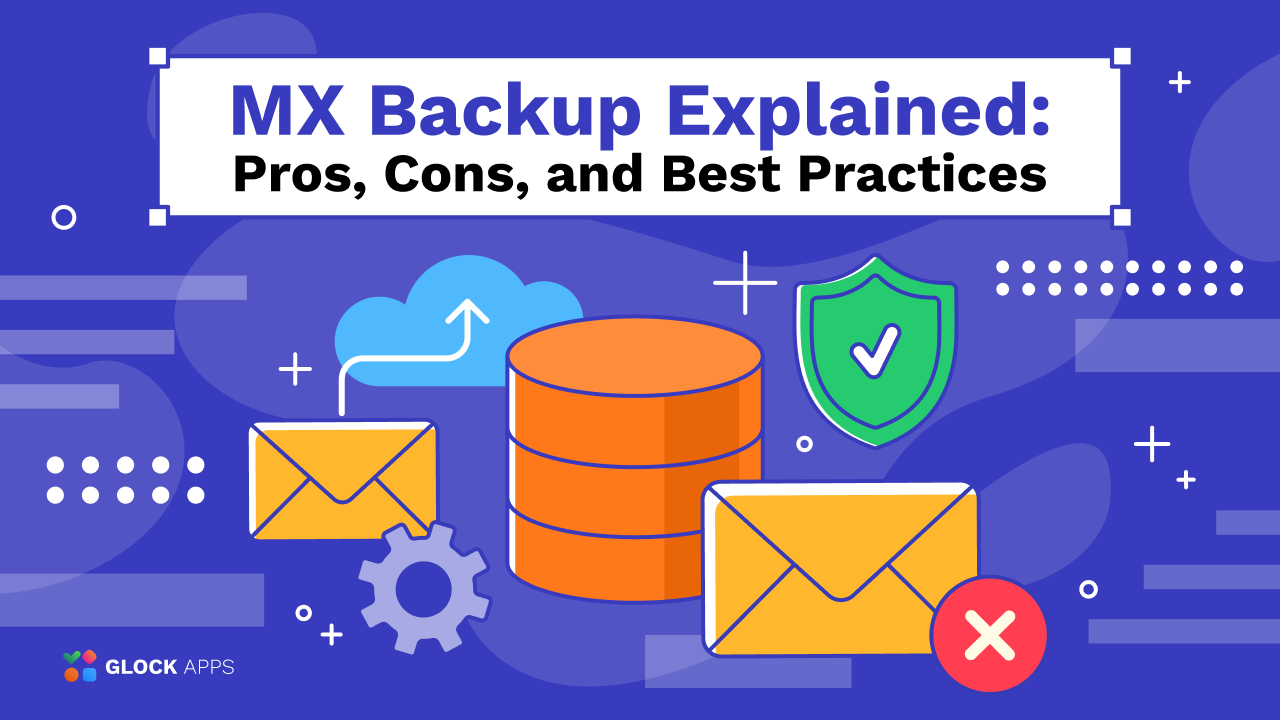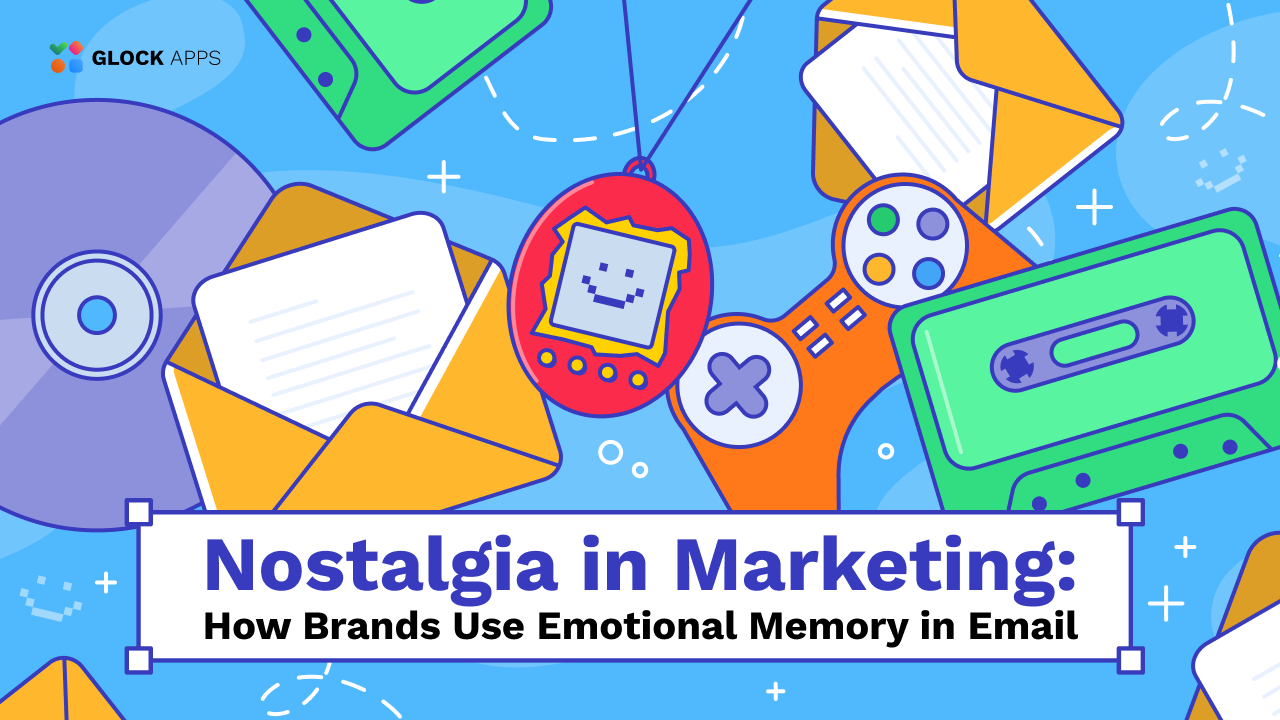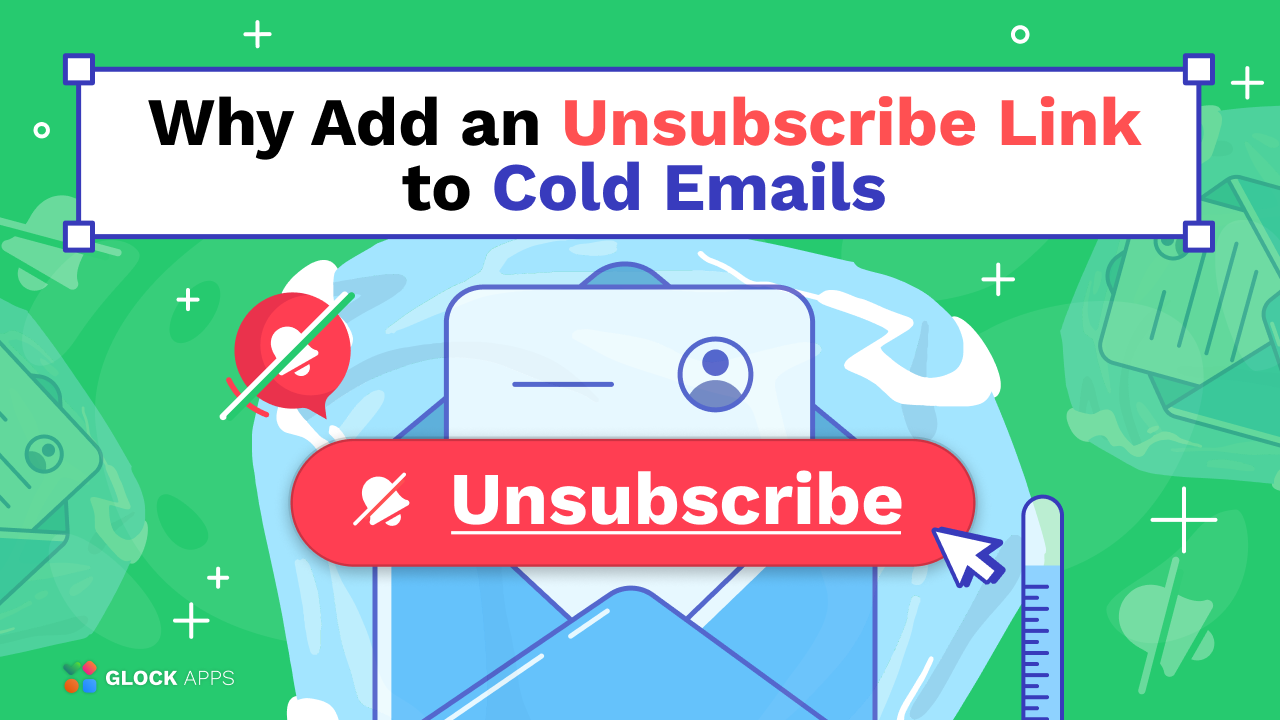Email Spam Words: Creating the Right Content for Inbox Success

Understanding the Impact of Email Spam Trigger Words
Imagine that your email marketing campaign is like a car on which you plan your long and unforgettable journey. You carefully prepare everything and undergo maintenance, fill it up with fuel, load your suitcases, and are ready to get impressions from new locations, until suddenly you hit a pothole on the road, which fundamentally changes all your plans for the future. The same is the case with building the right email strategy, where it is extremely important to pay attention to spam words, because of which all your efforts can end up in a pothole called the spam trap.
Because the battle against spam filters is a constant challenge for email marketers, in this article, we’ll explore the email spam words you should avoid to ensure your messages reach your audience’s inbox and stand out for all the right reasons, and also investigate whether spam trigger words are still relevant.
Are Email Spam Trigger Words Still Relevant?
Some specialists argue that the concept of spam trigger words has become somewhat outdated in modern email marketing. This perspective suggests that spam filters have become more sophisticated, relying less on specific words or phrases and instead considering a broader range of factors to determine email deliverability.
While it’s true that spam filters have evolved to analyze emails using various criteria beyond just trigger words, it doesn’t mean that trigger words are entirely irrelevant. They still can influence spam filters, especially when combined with other factors like sender reputation and email engagement metrics.
Ultimately, while the significance of spam trigger words may have diminished compared to previous years, they still play a role in email deliverability. Marketers should continue to be mindful of them but also focus on creating valuable content, maintaining the sender reputation, and adhering to best practices to ensure their emails reach recipients’ inboxes.
Email Spam Folder Trigger Words: Writing Spam-Free Content
In our earlier publications, we already delved into the spam laws in different countries, and today we want to draw your attention to another important question such as avoiding the use of spam words in email.
A spam word, generally speaking, is a keyword or phrase strategically employed to emphasize urgency or attract attention through sensationalism, excessive promotion, or association with sensitive topics. However, it’s worth noting that some common marketing word combinations may also be perceived as spammy when contextually misused, but you will see this for yourself a little below, where we will go through the list of spam words for email in detail.
Read also: Email Content Overview: Why Content Analysis in Email Spam Testing Matters
How Do Spam Filters Work?
Spam filters work by employing algorithms that assess various elements in an email to determine its likelihood of being spam. One crucial aspect is content analysis, where filters scan for specific keywords, phrases, and patterns commonly associated with spam.
The role of spam filters in protecting users from unwanted or deceptive emails and identifying suspicious words and phrases commonly associated with scams, schemes, gimmicks, false promises, and «free» gifts. They analyze the content of your emails, flagging those that contain language indicative of unsolicited or potentially harmful content.
These filters assign scores based on the presence of these elements. If an email gets a high score, it’s flagged as potential spam. To improve deliverability, marketers should avoid known spam trigger words, prioritize clear and relevant content, and maintain a positive sender reputation.
But you should not forget that spam filters are constantly evolving, they no longer categorically place emails with phrases like “exclusive deal” or “lowest price” in the spam folder. However, you may have some trouble if you follow these practices:
- overloading your content with spammy keywords;
- excessive use of emojis and exclamation marks;
- using generic sender names;
- too many links or attachments;
- lack of unsubscribe option;
- write all caps lock or bright red fonts.
Spam filters take a detailed look at you as a sender and your email, put behavioral patterns on it, and if something gives off dangerous signals, they block your message from reaching the recipient at all.
Spam Words to Avoid in Email Subject Lines
One of the key things to remember, especially when sending cold emails, although spam words are only one aspect that affects spam filters, you still need to avoid excessively using such phrases. They can cause your emails to be flagged as spam and accordingly sent straight to the recipient’s spam folder.
You should always pay attention to the quality of the content you send to your customers and focus your efforts on what they expect to receive from you. Here are some words better to avoid in email Subject Lines, as they are commonly associated with spam and can trigger spam filters:
- Free
- Urgent
- Limited Time
- Act Now
- Exclusive
- Special Promotion
- Save
- Clearance
- Double Your
- Earn Extra Cash
- Guaranteed
- Cash Bonus
- 100% Free
- Amazing
- Once-in-a-Lifetime
- Congratulations
- As Seen On
- Incredible
- Offer
- Opportunity
Email Spam Words to Avoid in 2025
Before you start studying the list of spam words to avoid in emails, it is worth noting right away that the context of their use is important. Spam filters can now analyze the specific conditions in which you write these phrases.
Category: Urgency and Exclusivity
- Act Now
- Limited Time Offer
- Call now
- Don’t Miss Out
- Only X Days Left
- Apply now
- Exclusive Deal
- Act Immediately
- Do it today
Category: Financial Promotions
- Make Money Fast
- Get Rich Quick
- Double Your Income
- Earn Extra Cash
- Guaranteed Returns
- Cash Bonus
- Category: Free Offers
- Free
- No Cost
- 100% Free
- Free Access
- Free Gift
- Bonus
- Quick Cash
- Fast Loans
- Cash Now
- Debt Free
- Affordable
- Million Dollars
- Obligation
Category: Discounts and Deals
- Full Discount
- Save
- Special Promotion
- 100% off
- Clearance
- Bargain
- Lowest Price
Category: Overused Sales Terms
- Incredible Deal
- Once-in-a-Lifetime Opportunity
- Pre-approved
- Best Price
- Prize
Category: Attention-Grabbing Statements
- This Isn’t a Scam
- Risk-Free
- Act Now! Don’t Delete!
- Congratulations
- As Seen On
Category: All Caps and Excessive Punctuation
- BUY NOW!
- FREE!!!
- AMAZING DEAL!!!!
Category: Non-Traditional Spelling
- $ave
- F.ree
- M0ney
Category: Miscellaneous
- Multi-level Marketing
- Work from Home
- No Questions Asked
- Not Spam
- Act Fast
- This Isn’t Spam
- Click Below
- Compare Rates
- Reverses Aging
- Hidden
- Click to Remove
- You’re a Winner!
- Big Bucks
- Affordable
- No Fees
- Great Offer
- This Won’t Last
- What Are You Waiting for?
- Reclaim Your Life
- Will not believe your eyes
Wrapping Up
It’s worth noting that while the method of avoiding spam words we’ve discussed can potentially help you improve email deliverability and reduce the risk of spam filtering, there’s some uncertainty about how effective they’ll be in every situation. While it’s smart to follow these recommendations, keep in mind that email systems and user behavior can change, so staying flexible and adaptable is key to long-term success.
Here are some revised best practices to improve email deliverability and safeguard against unexpected spam filtering:
- Use email testing tools like GlockApps to quickly assess your potential Inbox placement rate.
- Run an Inbox Insight test in your account and send your email to the provided seed list from your mailbox.
- Review the report to identify any issues that could affect your email placement, such as authentication, sender score, spam score, and content analysis. Follow the suggested action steps to improve your results if necessary.
- Make any necessary changes to the content, subject line, or sending infrastructure based on the identified problems.
- Test again until you achieve an acceptable Inbox placement rate.
Achieving optimal email delivery requires a comprehensive approach that covers everything from setting up your domain to implementing proper editing of email content. Deliver focused and relevant messages at an anticipated frequency, primarily directing recipients to your website for further engagement.
By diligently adhering to best testing practices, you can effectively incorporate certain words conditionally associated with spam into your subject lines and body. Understanding all crucial deliverability factors prevents emails from landing in spam folders.



